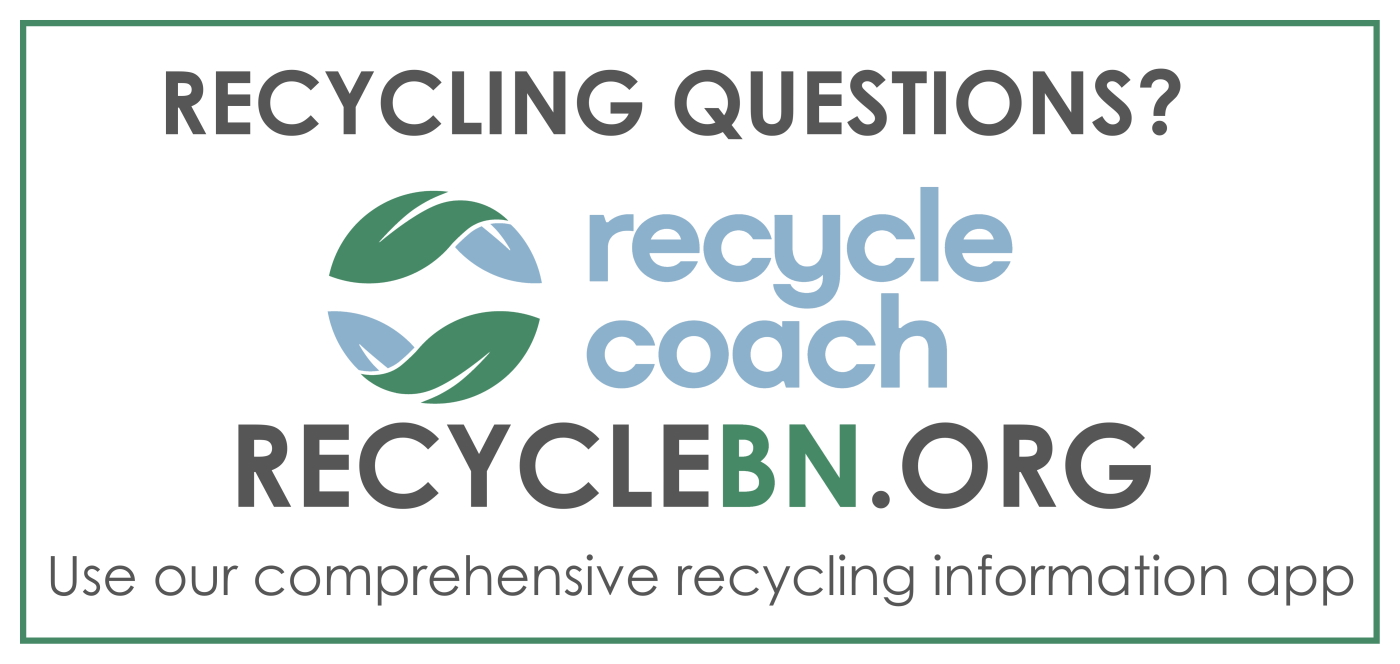For immediate release
November 3, 2019
Contact: Larissa Armstrong
Phone: (309) 454-3169 x.15
The Ecology Action Center has received numerous inquiries lately regarding letters or postcards people got from Arcadia Power offering energy savings through community solar, or other renewable energy sources. One of our roles as an energy educator in the community is to ensure residents are able to make informed choices about their energy consumption, and understand different ways to reduce energy costs through efficiency upgrades and renewable energy investment.
The Illinois Attorney General’s office has noted that the majority of residents that switch to alternative energy suppliers end up paying more for their energy. There are a few key elements to understand and consider before signing up with an alternate energy supplier or third party energy broker.
What is an alternate energy supplier?
Illinois has a deregulated energy market, which allows alternative energy suppliers to sell energy to customers. Alternative energy suppliers are for-profit companies that sell electricity and natural gas to consumers. They offer the exact same energy that your traditional public utility provides, but they can charge higher prices because their prices are not regulated by the state. If consumers choose to receive energy from an alternate supplier, they still receive a monthly bill from Ameren and their alternate supplier is listed on the bill next to the supply rate.
Arcadia Power is not an alternate energy supplier, but instead a third party energy broker. They do not sell energy users power directly – they contract through other alternate suppliers the same way consumers or municipalities can directly.
What is municipal aggregation?
Municipal aggregation is an option for a municipality to choose an alternate energy supplier for their community. Bloomington and Normal both have municipal aggregation agreements for Ameren residents through June 2020. Through those agreements, residents receive their energy supply from MidAmerican Energy.
Renewable Energy Credits
Some alternate energy suppliers offer “green” energy through Renewable Energy Credits or RECs. MidAmerican offers a green energy option through Bloomington and Normal’s municipal aggregation program. In Bloomington, the green energy option at 5.07 cents per kWh is the default. In Normal, residents could choose from a base rate of 4.98 cents per kWh or select the green energy option at 5.07 cents per kWh.
Through green plans, the energy supplier pledges to buy RECs from a company that produces power from renewable sources, such as wind. That renewable energy producer agrees to produce and deliver an amount of renewable energy to the grid that is equal to the amount of energy you consumed. In this case, MidAmerican purchased RECs from a wind producer that generated wind electricity in Texas.
Participating in a green energy program where the supplier uses the REC system does not mean your home is being powered by renewable energy. Instead, it is an investment in renewable energy; but not necessarily an investment in renewable energy here in Illinois.
Arcadia Power is offering renewable energy through this same REC process. Any offers for community solar would also use RECs because Arcadia Power is not one of the developers that was awarded a community solar array project here in Illinois through the Illinois Power Agency’s lottery. Again, they are not a direct energy supplier, so any energy they sell you, whether renewable or not, is through another energy supplier and they are just the third party broker.
There will be options to invest in community solar in Illinois in the near future when some of the arrays that were selected through the lottery process are completed and developers begin selling subscriptions.
Community Solar
Community solar is an option for Illinois Ameren and CommEd residents to purchase subscriptions to large solar arrays operating in their utility territory. Purchasing a subscription to a community solar array will give consumers credit on their energy bill for energy produced by their portion of the solar array.
If the subscription fee consumers pay for their community solar is at a rate lower than their current electricity supply rate, investing in community solar will help them invest in renewable energy in Illinois, and reduce their energy costs at the same time.
Energy Supply Rates
Choosing alternate energy suppliers or third party brokers comes down to understanding the current price you pay for your electricity and the price the other vendors are offering.
Ameren is the default public electricity utility for Bloomington and Normal (for residents and businesses that are not in Corn Belt territory). The current Ameren rate is 4.715 cents per kWh for October through May 2020 (historically it was 4.658 from June – October 2018, 5.038 from October – May 2019, and was 4.561 from June – September 2019). As mentioned in the municipal aggregation section above, Ameren territory residents that did not opt-out of the aggregation program have paid a flat rate of 5.07 cents per kWh in Bloomington and either 4.98 cents per kWh or 5.07 in Normal depending on whether or not residents chose the green option. These rates began July 1, 2018 and end June 30, 2020.
The Illinois Attorney General’s office reported that between June of 2014 and May of 2018, customers in Illinois overpaid for alternative electricity by over $600 million.
Regardless of what salespeople for alternative energy suppliers tell you, you are not required to enroll with an alternative supplier. Taking no action will leave you with the supplier chosen by your municipality – which has contracted a flat rate for two year, or with your public utility (Ameren in our area) as a default – and their rates are regulated by a state agency.
The Ecology Action Center wants to help consumers understand all these elements, so if they choose to utilize offers from alternate suppliers or third party brokers, they can make the choice from an informed position, and avoid paying more for the energy supply in the long run.





